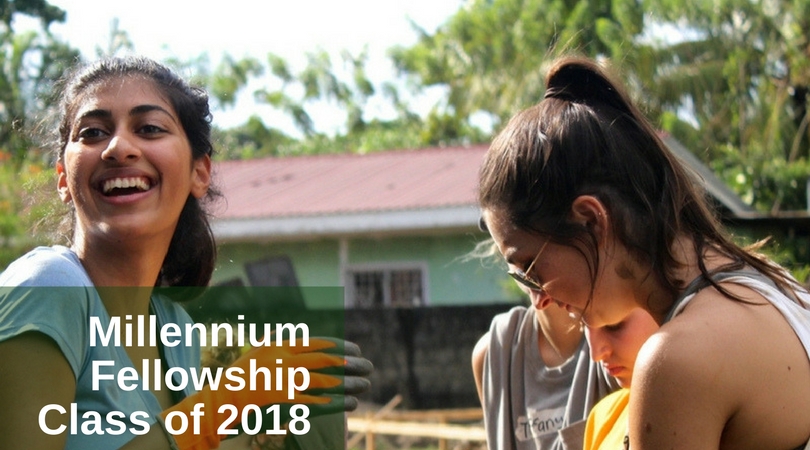FOUR BROWNITES SELECTED SELECTED AS UNITED NATIONS MILLENNIUM FELLOWS
-By CHINEDU NWADURU
UI, IBADAN – This April, United Nations Academic Impact and Millennium Campus Network (MCN) launched the Millennium Fellowship. The selective Fellowship is a semester-long leadership development program that convenes, challenges, and celebrates student leadership for UN goals. Over three months, students applied from 285 campuses across 57 nations. Only 11% of the campuses were selected to host Fellows in the global pilot this fall.
On August 15 the Class of 2018 was announced at millenniumfellows.org. 528 extraordinary Millennium Fellows have been selected on 30 campuses across 13 nations to participate this year. Leading campus cohorts have been selected from every region of the globe. From August through November, Millennium Fellows will take action to help make the Sustainable Development Goals and United Nations Academic Impact Principles reality. Fellows’ Projects are projected to positively impact over 310,000 lives worldwide. The proposed Fellowship projects are bold and innovative:
- At University of Ibadan, Nigeria, students are committed to creating opportunity for every interested individual to acquire the skills and knowledge necessary for the pursuit of higher education. The Bright Initiative will help mentor and support high school students as they develop into effective leaders capable of tackling real life challenges especially in the diverse and multicultural university environment.
- At Alma College in Alma, Michigan, USA, students are tackling food insecurity by creating an aquaponics farm. The immediate goal of Big Box Farm is to produce 400 heads of lettuce and 50 pounds of fish; the long-term goal is to convert a vacant supermarket lot into a large-scale farm, sourcing food to campus dining services, local food banks and hospitals.
- At Effat University in Jeddah, Saudi Arabia, students are advancing gender equality through cybersecurity. The Cyber Security Club leaders note that the field is just 20% female. This fall they will run digital capture the flag competitions to help mentor and support young women entering the field.
Of the ten Campus Directors of the University of Ibadan, four brownites emerged from the Faculty of Clinical Sciences, College of Medicine. They are:
Miracle Adesina – 500 level, Department of Physiotherapy
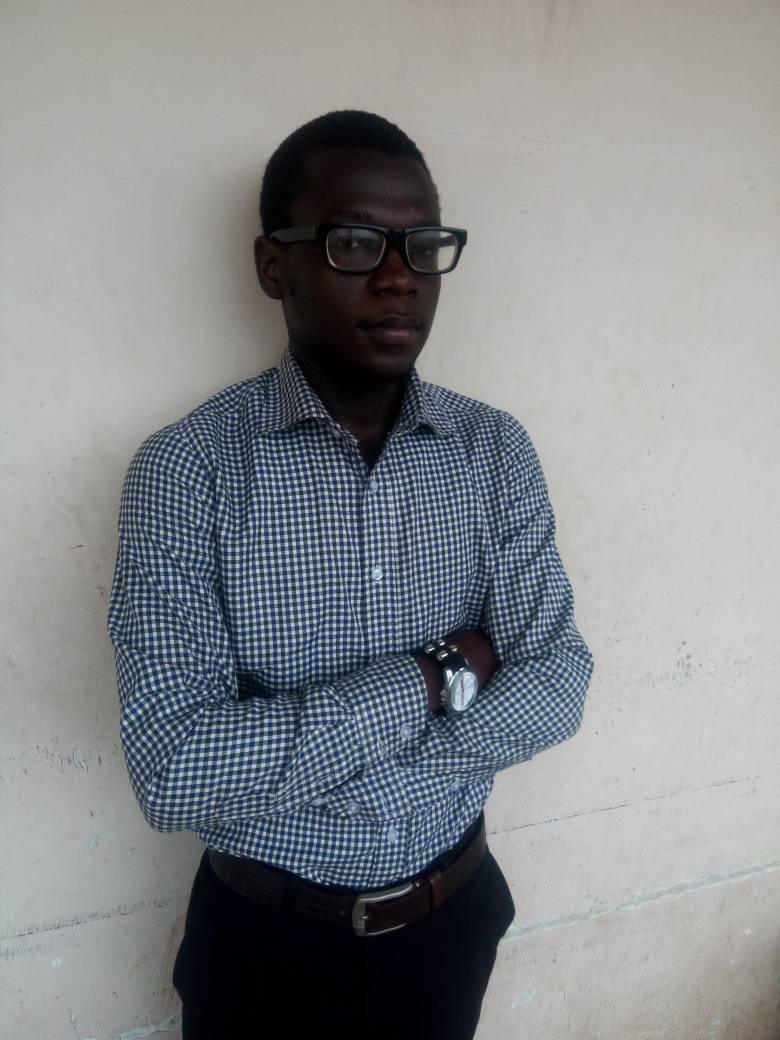
Tunde AbdFawaz Oyebamiji – 600 level, Department of Medicine and Surgery
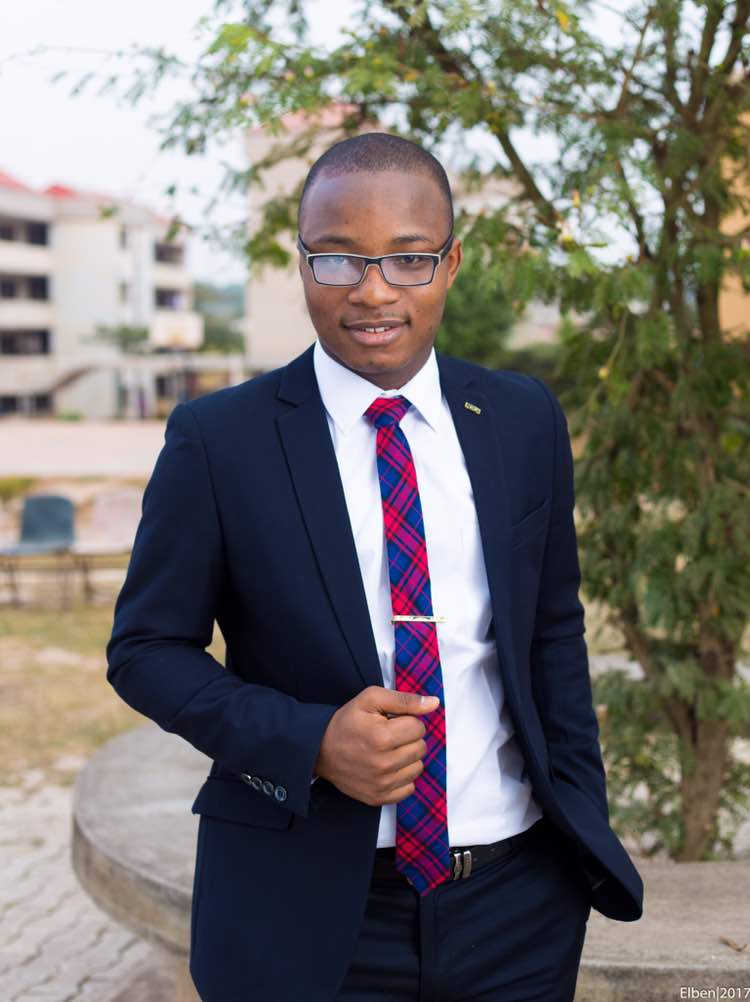
Muhammad-Bashir Yahya – 600 level, Department of Medicine and Surgery
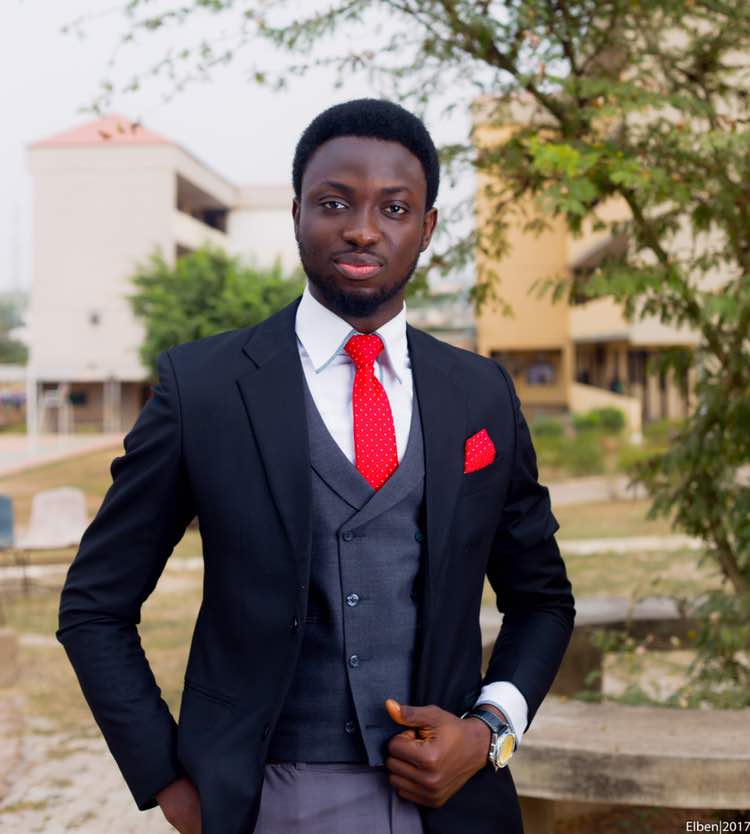
Philemon Kuza – 600 level, Department of Medicine and Surgery
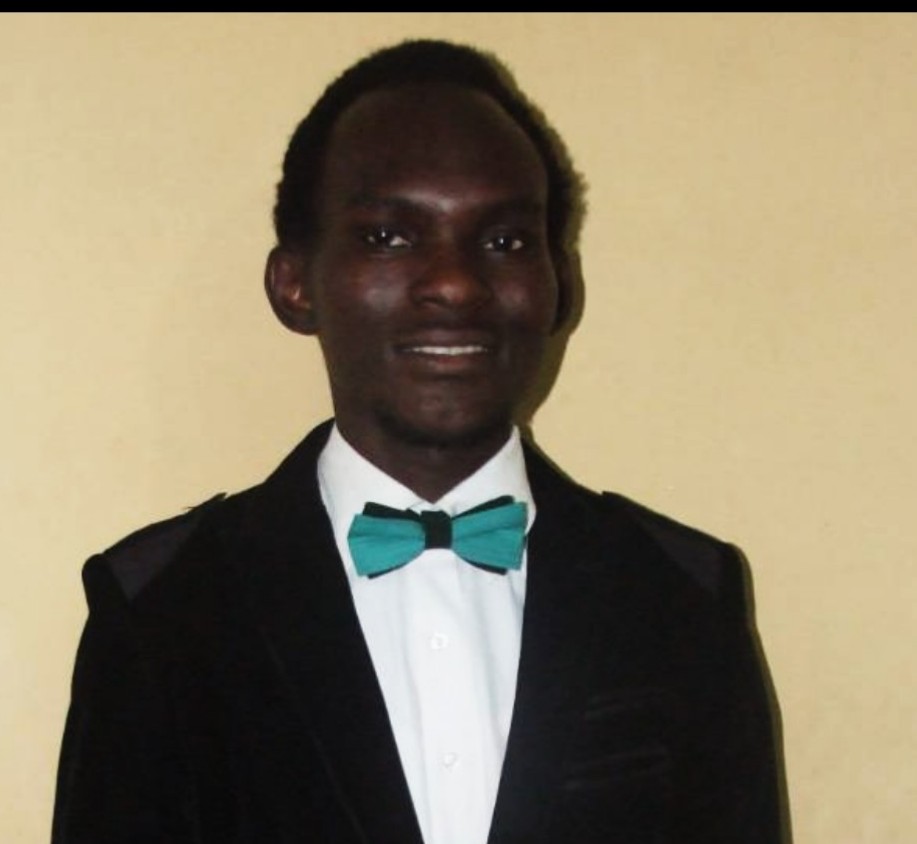
“When we created the United Nations Academic Impact to foster a culture of intellectual social responsibility, we considered ‘intellect’ not as something remote or esoteric, but rather as a quality innate in every thinking individual. Our collaboration with MCN will allow students to demonstrate how the wisdom and thought they invest in their formal curriculum can be extended to a greater purpose of common good, lending their strengths to their communities and their world and, in turn, being enriched by them,” shared Ramu Damodaran, Chief of United Nations Academic Impact.
“On every campus and in every community, student leaders are committed to making positive contributions while committed to our ethos: empathetic, humble, inclusive leadership. Emerging leaders need requisite training, connections, and recognition to deepen their social impact as undergraduates and throughout their careers. Partnering with UNAI enables us to engage more students, providing a powerful framework to help them convene, take action, and elevate the important contributions they make.
I congratulate all the fellows selected for bold commitment to strengthen community and help make UN goals reality,” shared Sam Vaghar, Executive Director and Co-founder of MCN.
Speaking with one of the selected fellows, Miracle Adesina whose project focuses on Disability Advocacy in Africa with a team of over 60 people across Africa, “Based on my research and understanding individuals with disability are been discriminated and stigmatized. They do not have access to good education, employment, sports, transportation, communication, etc. Government and other organizations seems to have forgotten them. There are laws and policies in some countries to protect them but most of them are not been supervised and implemented. The Convention Protocol for Rights of Persons with disabilities treaty by the United Nations is yet to be ratified and signed by most African nations. Also the Optional Protocol for the Rights of Persons with disabilities has not also been signed and ratified by most African nations. This is a big problem as this is to protect the rights of the disabled.My team and I are working to correct it through social media Advocacy. The first month of the team work is basic research which will be guided by the Data Coordinator for each group. Then the groups will go on with the social media campaign until there is a change. I have details of all disability advocacy and support group that are registered worldwide. I will work alone with them and also the Project Africa of which I’m the Nigerian coordinator. We also intend to organise some conferences on advocacy soonest, somewhere in SouthWest Nigeria”
The other fellows have equally begun the project work, geared towards improving the community towards achieving the SDGs.

